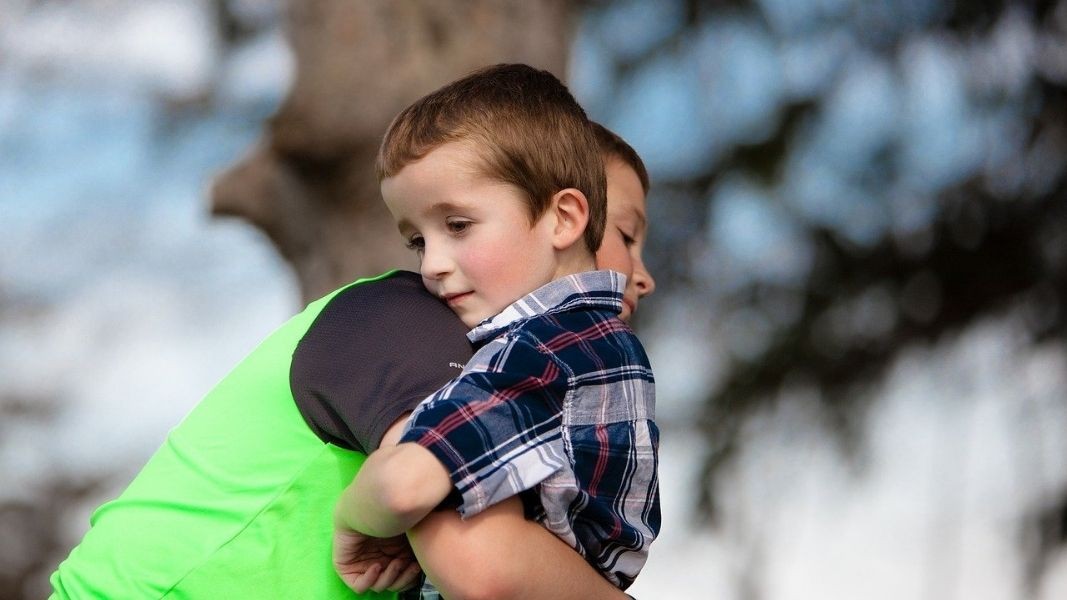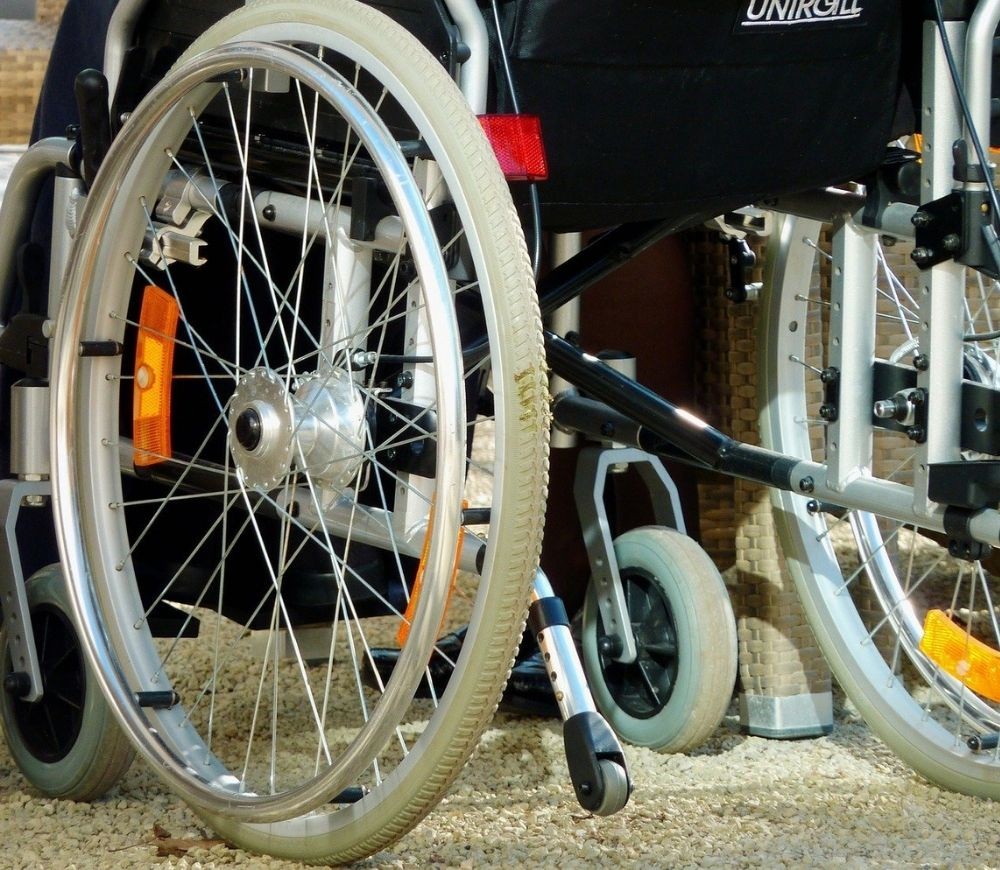The Ukrainian refugees coming Bulgaria find food and shelter. However, this is not enough for the children and people with special needs, who are left with almost no care.
“Bulgaria is by no means prepared to receive such people. It cannot help its own people with disabilities, let alone cope with a wave of refugees who are in bad health. The main burden falls on the volunteers, mostly mothers of children with disabilities who provide the refugees with necessities”, said Adelina Banakieva, volunteer and civic activist, who has been trying to help Bulgarians with special needs for many years.

Adelina Banakieva has traveled thousands of kilometers to the Bulgarian border and back and sent thousands of signals and letters to the state institutions. She has been involved in raising funds for the purchase of special foods, wheelchairs, ambulances and assistive devices.
There is not a single center for palliative care in Bulgaria which could temporarily provide shelter for child refugees with special needs. There is a shortage of medicines and ambulances. There are no conditions for Ukrainian refugees with HIV, cancer or disabilities, Adelina Banakieva went on to say.
“This is a systematic problem which has now come to the forefront- Adelina explained. - A very serious amendment to the legislation is needed, because the situation is critical. We have been strongly committed to helping these people since the beginning of the war. We have been somehow trying to get them out of Bulgaria to save them from our peace-time reality.”

Volunteers with disabilities are ready to stand on the border with posters reading “People with disabilities, please do not come to Bulgaria!”
“We are trying to prevent the arrival of Ukrainians with disabilities fleeing war, who would start a battle with our health system. These people do not deserve it. We pray that such people will not come here, because we are unable to help them as we have not ensured the necessary conditions. Our helplessness is due to the daily lives of the people with disabilities in Bulgaria. We have not ensured an accessible environment. There are not enough hotels to accommodate these people. Not to mention the lack of social services and medical treatment.”
Ukrainian refugees with special needs arriving in Bulgaria must apply for an international protection, in order to receive the necessary medical care. That is why they must contact with the local crisis headquarters.

“The refugees with special needs should turn to the crisis headquarters. At one point, they resort to the help of volunteers after trying to contact with the state first. However, I don’t know how long we can hold up - Adelina Banakieva admitted. – We are calling on the authorities to launch a single hotline for people with special needs and people with disabilities. Thus, volunteers will be able to contact the hotline directly when they want to help a refugee fleeing the war, a person with disability or a person with special needs.”
English version; Kostadin Atanasov
Photos: Facebook /Adelina Banakieva, Pixabay , libraryFor the 30th consecutive year, the Bulgarian Posts organize a contest for the most beautiful letter to Santa Claus. Letters must be sent by 18 December with a stamped envelope "For Santa", the sender's address indicated and postage paid. All..
The Varna Regional Library "Pencho Slaveykov" has acquired a humanoid robot. It was unveiled by the library's director, Radka Kalcheva, during the celebration of the 20th anniversary of the library's American Corner, in the presence of Eric Brasel, the..
1000 participants will take part in the first Burgas Half Marathon, which will take place this Sunday, 24 November. The event will bring together amateurs and professionals of different ages who will compete in three distances - 1 km, 10.5 km and 21 km...
An innovation for the treatment of diabetic foot ulcer using the patient's own tissue and artificial intelligence has been implemented at the University..
Over 3.5 million Ukrainians have arrived in or passed through Bulgaria since the beginning of the war. Nearly 200,000 people have found temporary..
At the Bulgarian Embassy in London, Prof. Bettany Hughes presented excerpts from the new BBC series - Wonders of Bulgaria. Prof. Bettany..

+359 2 9336 661
